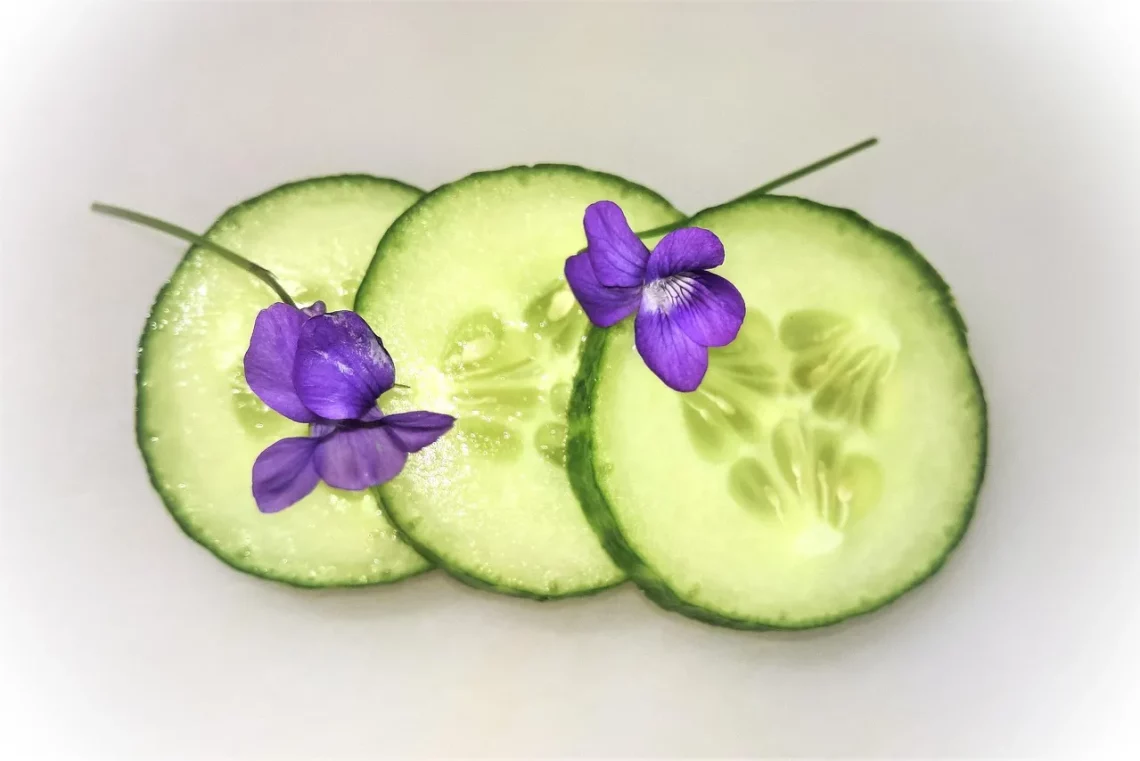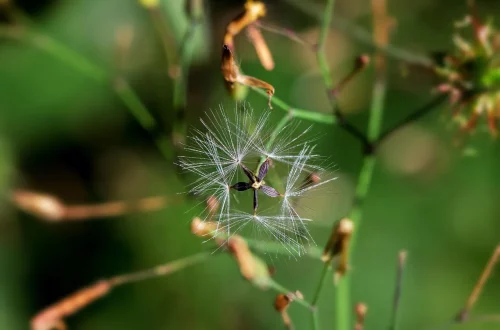
Can Horses Eat Cucumbers? Discover the Facts and Benefits
Horses are majestic creatures that have been companions to humans for centuries. Their diet is a critical aspect of their overall health, and many horse owners constantly seek out nutritious and safe treats to offer their equine friends. Among the various fruits and vegetables that might come to mind, cucumbers often raise questions. Are they safe for horses? Do they offer any health benefits? Understanding the dietary needs of horses is essential for their well-being, as certain foods can either enhance their diet or pose risks.
Cucumbers are widely regarded as a refreshing and hydrating snack for humans, but their suitability for horses is not as commonly discussed. The horse’s digestive system is complex and requires careful consideration when introducing new foods. While some fruits and vegetables can be beneficial, others might cause digestive issues or other health concerns. This article delves into the specifics of cucumbers and their role in a horse’s diet, aiming to provide horse owners with valuable insights into this often-overlooked vegetable.
By exploring the nutritional content of cucumbers, their potential health benefits, and guidelines for feeding them to horses, we can better understand how these crunchy vegetables fit into the equine diet. Armed with this knowledge, horse owners can ensure that they provide a balanced and healthy diet for their beloved animals, promoting their overall health and happiness.
Understanding the Nutritional Value of Cucumbers
Cucumbers are primarily composed of water, making them an excellent choice for hydration. Approximately 95% of a cucumber is water, which can help keep horses hydrated, especially during hot weather. However, beyond hydration, cucumbers also contain essential nutrients that can contribute to a horse’s overall diet.
Cucumbers are low in calories, which is beneficial for horses that need to maintain or lose weight. For those horses that require a low-calorie treat, cucumbers serve as an ideal option compared to many other fruits and vegetables that are higher in sugar. In addition to being low in calories, cucumbers provide a source of vitamins and minerals. They are a good source of vitamin K, which plays a vital role in the health of bones and the proper functioning of the circulatory system.
Moreover, cucumbers contain several essential minerals, including potassium and magnesium. Potassium is crucial for muscle function and helps regulate fluid balance in the body, while magnesium supports numerous biochemical reactions in the body, including energy production and muscle contractions. These nutrients can be particularly beneficial for active horses or those engaged in regular exercise.
While cucumbers have many positive attributes, it is important to remember that they should be considered a supplement to a horse’s primary diet, which should consist mainly of hay, grass, and specially formulated grains. Cucumbers can be introduced as an occasional treat, ensuring that they do not replace the essential nutrients that horses obtain from their primary feed.
In conclusion, the nutritional profile of cucumbers suggests that they can be a safe and healthy addition to a horse’s diet, provided they are offered in moderation.
Health Benefits of Feeding Cucumbers to Horses
Feeding cucumbers to horses can offer several health benefits, primarily due to their hydrating properties and low-calorie content. One of the most significant advantages is their ability to help with hydration. Horses can become dehydrated, especially in warm weather or after intense exercise. Providing cucumbers as a treat can encourage fluid intake, supporting their hydration levels.
Additionally, cucumbers are a source of antioxidants, which help combat oxidative stress in the body. Antioxidants play a role in reducing inflammation and can help support the immune system. By incorporating cucumbers into a horse’s diet, owners may help promote a healthier immune response, which is particularly beneficial during times of stress or illness.
Another potential benefit of cucumbers is their fiber content. Fiber is essential for a horse’s digestive health, aiding in the proper functioning of the gastrointestinal tract. While cucumbers are not as high in fiber as some other vegetables, they can still contribute to the overall fiber intake when fed alongside other fibrous foods such as hay and grass.
Moreover, offering cucumbers can also promote positive associations with feeding time. Horses are social animals, and providing a variety of treats can enhance their feeding experience. This can lead to improved mood and overall well-being, making feeding time a more enjoyable occasion for both the horse and the owner.
However, it is essential to introduce cucumbers gradually into a horse’s diet. Sudden changes in diet can lead to digestive upset. Start with small amounts to see how the horse reacts, ensuring that it does not experience any adverse effects such as colic or diarrhea.
In summary, cucumbers can provide multiple health benefits for horses, particularly in terms of hydration and nutrition. When fed responsibly, they can be a delightful and enriching addition to a horse’s diet.
How to Safely Introduce Cucumbers into a Horse’s Diet
Introducing cucumbers into a horse’s diet requires careful consideration and a gradual approach. Horses, like humans, can be sensitive to changes in their diet, and sudden introductions of new foods can lead to digestive distress. Here are some steps to safely incorporate cucumbers into your horse’s meals.
Firstly, start with a small amount. Begin by offering a few slices of cucumber to see how your horse reacts. Monitor their behavior and digestive response to ensure they don’t experience any adverse effects. Some horses may take to cucumbers immediately, while others might be hesitant.
If your horse enjoys the taste, you can gradually increase the portion size. However, it is crucial to remember that cucumbers should not replace a significant portion of their regular diet. They should be treated as a supplementary snack, given in moderation.
Another important consideration is the preparation of cucumbers. Always wash them thoroughly to remove any pesticides or contaminants that may be present on the skin. While many owners choose to peel cucumbers before feeding, the skin is also nutritious and can be offered if properly cleaned.
In addition, it’s advisable to cut cucumbers into manageable pieces, especially for larger cucumbers. This prevents choking hazards and makes it easier for horses to chew and digest. Horses can sometimes be particular about the texture and size of their food, so offering cucumbers in bite-sized pieces is a practical approach.
Lastly, be attentive to your horse’s overall diet. If your horse has any existing health issues or dietary restrictions, consult with a veterinarian before introducing new foods. Each horse is unique, and what works for one may not be suitable for another.
By following these guidelines, horse owners can safely introduce cucumbers into their horse’s diet, adding variety and enjoyment to their feeding routine.
Potential Risks and Considerations
While cucumbers can be a healthy addition to a horse’s diet, there are potential risks and considerations that owners should keep in mind. Understanding these factors is essential to ensure the health and safety of your horse.
One of the primary concerns is the risk of digestive upset. Horses have sensitive digestive systems, and sudden changes in diet can lead to colic or other gastrointestinal issues. Therefore, it is crucial to introduce cucumbers slowly and in moderation. If your horse shows any signs of discomfort after consuming cucumbers, such as bloating or changes in manure consistency, discontinue feeding them and consult with a veterinarian.
Another consideration is the potential for pesticide residues. Cucumbers, like many vegetables, can be treated with chemicals during their growth. It is essential to wash cucumbers thoroughly before feeding them to your horse to minimize any risk of chemical exposure. Organic cucumbers are an excellent option for those concerned about pesticide use.
Additionally, while cucumbers are low in calories, they should not be used as a primary source of nutrition. Horses require a balanced diet rich in fiber, vitamins, and minerals from grass, hay, and specially formulated feeds. Over-reliance on any treat, even one as healthy as cucumbers, can lead to nutritional imbalances.
Lastly, certain horses may have individual sensitivities or allergies to specific foods. Always observe your horse’s behavior and health when introducing new treats. If there are any concerns about allergies or sensitivities, it is best to consult with a veterinarian.
In conclusion, while cucumbers can be a safe and hydrating treat for horses, it is essential to consider these potential risks and approach their introduction with caution. By doing so, horse owners can ensure their horses enjoy the benefits of this refreshing vegetable without compromising their health.
**Disclaimer: This article is intended for informational purposes only and should not be considered medical advice. For any health-related concerns regarding your horse, please consult a qualified veterinarian.**




